Europe
Some of Europe’s most famous leaders govern in the early modern period. Napoleon, Peter the Great, and Charles XII change and challenge Europe. Religion and religious ideas are transformed as new ideas move across Europe developing science, economics and culture, all of which are covered in this section. Read more
Sort by:
Date (Newest first) | Title A-Z
Show:
All |
Articles |
Podcasts |
Multipage Articles
-

A Commercial Revolution
ArticleClick to view -
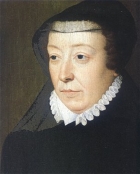
Catherine de Medici & the Ancien Regime
ArticleClick to view -

Catherine de' Medici and the French Wars of Religion
ArticleClick to view -
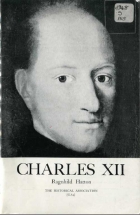
Charles XII
ArticleClick to view -
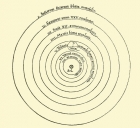
Copernicus and the Reformation of Astronomy
ArticleClick to view -
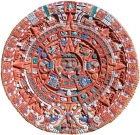
Culture Shock: The Arrival of the Conquistadores in Aztec Mexico
ArticleClick to view -
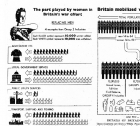
Diagrams in History
ArticleClick to view -
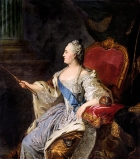
Enlightened Despotism
ArticleClick to view -

Film: Foreign Relations and Tudor Royal Authority – discussion
ArticleClick to view -

France during the reign of Louis XVI
ArticleClick to view -
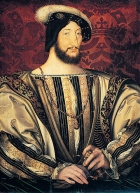
Francis I and Absolute Monarchy
ArticleClick to view -
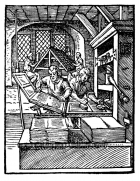
History Abridged: Publishing
ArticleClick to view -
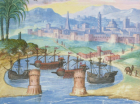
History Abridged: The City of Alexandria
ArticleClick to view -

Hungarian Nationalism in International Context
ArticleClick to view -

Ideas on the Shape, Size and Movements of the Earth - Pamphlet
ArticleClick to view -
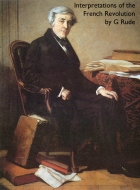
Interpretations of the French Revolution
ArticleClick to view -

Lord Rochester's Grand Tour 1661 - 1664
ArticleClick to view -
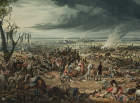
Losing sight of the glory: five centuries of combat surgery
ArticleClick to view -
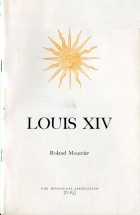
Louis XIV
ArticleClick to view -

My Favourite History Place: The Beguinage at Bruges
ArticleClick to view

